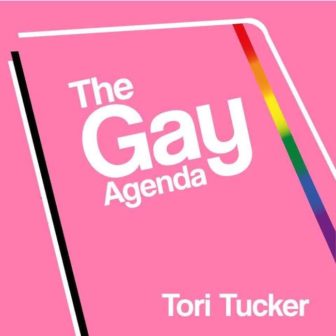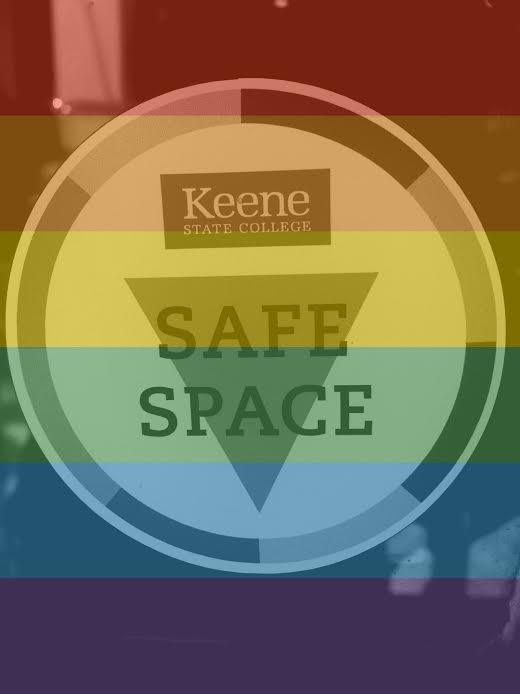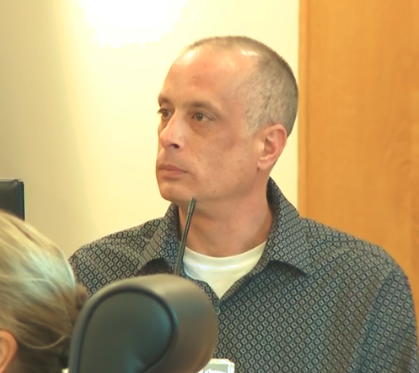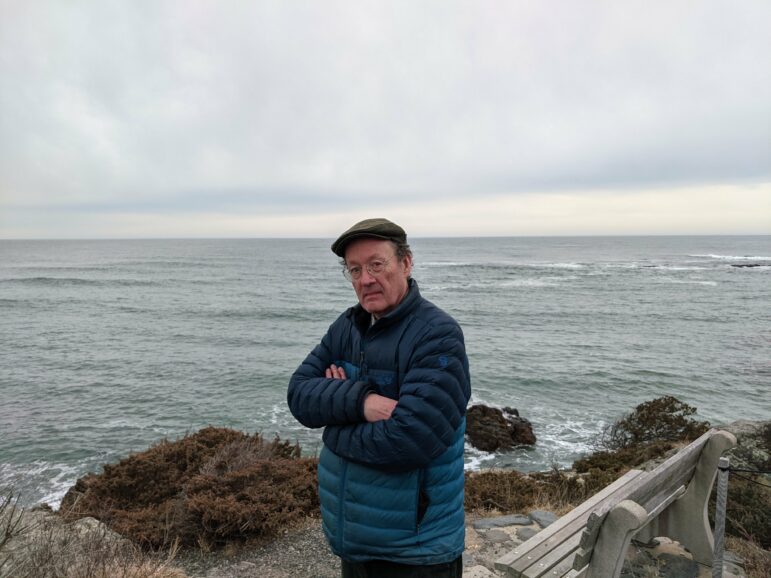By Tori Tucker
and Emma Simpson

Denise Grattage logo
Ignorance can only be used as an excuse for so long. When you hold a position of power, be it in your home, in the government, or in a classroom, it is vital to learn the proper terminology used for the people you’re speaking about.
Why? It’s simple. It’s a show of kindness and respect.
The LGBTQ community has a history of being called by incorrect names and outdated terms that are laden with negative connotations. That can even happen in a college lecture.
I have, for instance, sat through a lecture with my girlfriend while a professor repeatedly used the term “the homosexuals” while referencing the LGBTQ community. It was very uncomfortable for us because we are very open about our relationship.

Tori Tucker
Regardless of whether you have students that “look gay” in your classroom, it is wrong to assume that you do not have students that identify as LGBTQ.
To many, this may not seem like a big deal, but the term “homosexuals” alienates people of the LGBTQ community. It’s used to separate a minority group from the masses. It also erases many identities within the LGBTQ community, which encompasses gender identity as well as sexuality.
Identity is an aspect of a person, so using person-centered language makes a big difference. This is the difference between using the term “homosexuals” versus the preferred “people of the LGBTQ community.”
At Keene State College, there is a program called Safe Space that was put in place to educate faculty, staff and students about the issues related to sexuality and gender minorities. Safe Space offers free training to all faculty members on using inclusive language in the classroom and how to offer support to LGBTQ students.

Emma Simpson
It includes the college’s policies about creating a safe and comfortable learning environment for all students regardless of sexual or gender identity. Their handbook is also available online with a link below.
UNH and Plymouth State University also offer similar programs to their faculty. For LGBTQ students, this kind of program is vital to feeling safe on campus.
I’ve taken three different classes with one professor who teaches a class specifically on literature written by LGBTQ authors. She makes a point of learning how to make marginalized students feel safe and included in the curriculum.
On the first day of class, she passes out a slip of paper with a brief survey asking students to list their preferred pronouns as well as their preferred names and in turn she provides her own. This is a survey that was adopted from a Women’s and Gender Studies professor that many other professors have come to use at KSC.
There are many simple ways to alter language and curriculum to create a more comfortable and diverse environment for students. One professor suggested:
* When creating plans for your course, try to include texts and materials by people of various diversities. This can be as simple as including texts by both male and female authors, or trying to include authors of different ethnicities, sexual orientations and so on.
* When giving examples, try not to use gendered language: this can make a world of difference to students who identify as agender or nonbinary.
* Make sure you’re using the correct terminology when addressing a group of people, especially a group that you don’t belong to. When addressing individual students, make sure you’re using the right pronouns.
We all have a lot to learn about inclusivity. But by using inclusive and appropriate language, we can ensure that our LGBTQ friends, family, students, and colleagues feel comfortable and free to be themselves.
Keene State College Safe Space Handbook
Inclusive Language Guidance from the Unitarian Universalist Association
Seven Easy Ways to Be Inclusive from Park School of Communications
Tori Tucker was born and raised in Portsmouth, New Hampshire. She is a student, author, and activist, and is currently in her senior year at Keene State College where she is finishing her English-Writing BA. In addition to being a writing student Tori also is pursuing minors in music and German.
Emma Simpson is a Women’s and Gender Studies major currently in her junior year at Keene State College. She is the vice president of her campus a cappella group and involved with Planned Parenthood as a volunteer.





